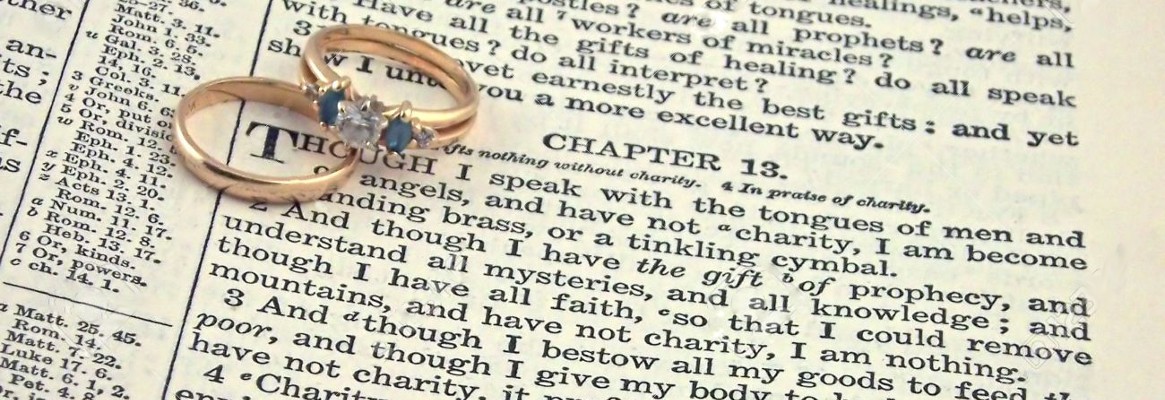Family First NZ says that almost 50 marriage celebrant applicants have had their application rejected in just the past 2½ years simply because they do not want to officiate at same-sex weddings due to their personal beliefs or convictions. This is despite assurances by politicians that this would not occur. The information was obtained in response to a request by Family First NZ to the Department of Internal Affairs under the Official Information Act.
" … independent marriage celebrants are not lawfully able to refuse a request to marry a same-sex couple by reason of the same-sex of the couple," says Bob McCoskrie, National Director of Family First NZ. "This law currently provides a culture of coercion. Politicians who support the right of freedom of belief and conviction should fix the anomaly."
The outrage is misplaced. After all, what's so outrageous about a law that requires people to follow it? The law defines the words "marriage" and "marriage celebrant" as:
marriage means the union of 2 people, regardless of their sex, sexual orientation, or gender identity
marriage celebrant means a person authorised to act as a marriage celebrant under this Act
Prior to 2013, there was no definition of marriage in the Act, as there is no need to define words in common use. Marriage was defined (and for the Christian still is) as per Genesis 2:24, thousands of years of history, various confessions and catechisms, and as per common law by British Lord Penzance in 1866:
I conceive that marriage, as understood in Christendom, may for this purpose be defined as the voluntary union for life of one man and one woman, to the exclusion of all others.
This definition is the opposite of the one passed into law, but it is the law that "marriage" celebrants are applying to be bound by.
Why are Christians applying to celebrate something they do not believe in, under a law they cannot comply with? Conscientious objection would make sense to a law that binds everyone, but this law only binds those who apply for authorisation to act under this specific law. These celebrant applicants were denied as they refused to carry out the duties prescribed to civil "marriage" celebrants. Which lead to an interesting question:
Why is celebratory status granted to pastors, but not to independent applicants who hold to the same beliefs? A pastor will be granted a license to celebrate civil "marriages", but an ordinary Christian will be denied since they're just a bigot without a fancy title. The reason these pastors are allowed to act against the Act is simple: people don't like change. One of the first comments I saw on a post sharing Family First's press release was the equivalent to "I'm glad this doesn't affect me." Once pastors were convinced to continue as "marriage" celebrants and pretend nothing had changed, people accepted the new law and moved on.
This approach allows for a soft persecution, like that of the metaphorical frog being slowly boiled alive: by the time you notice, it's too late to protest. Take the recent Israel Folau furor for example. He nearly lost his job. Plenty before him have, which is why most people choose to stay quiet. These massive cultural changes take only a generation: homosexuality was illegal 32 years ago.
Civil marriage itself is a fairly recent concept in the common law tradition: it didn't even exist when the first settlers came to New Zealand. Most people would have found the idea that government grants the right to marriage ridiculous, but so much has changed in recent times. "Marriage is just a piece of paper" is a fairly common saying; one of the tragic effects of civil marriage that even predates its redefinition.
You see, Christians can talk all they want about "defending natural marriage" with Facebook pages and websites, but that's not how laws change. Laws change when there is either a general dissatisfaction, a powerful interest group, a desire for change among representatives, or a widespread non-compliance that necessitates new legislation. Culture comes before policy, and culture is shaped by semantics. The terminology around marriage must be reclaimed, and that can only be done when there is a separateness between what "the world" does and what Christians do. We must not comply with a process that makes a mockery of marriage.
This article will be the first in a series, called "Reclaiming Marriage", in which I will explore the dark history of civil marriage, analyse how we lost the battle for marriage, and put forward a path that Christians can follow if we are to restore marriage to its rightful place. These pieces will be a little different than my normal writings, in that the series is aimed specifically at Christians on a religious and cultural issue. The general principles of government meddling where it has no business, the speed at which traditional institutions can be destroyed, and the importance of semantics will hopefully contain valuable lessons for all readers.
When it comes to this redefined version of civil "marriage", Christians should view it as an abomination and a lie. Can you comply with a lie without being complicit in it?
